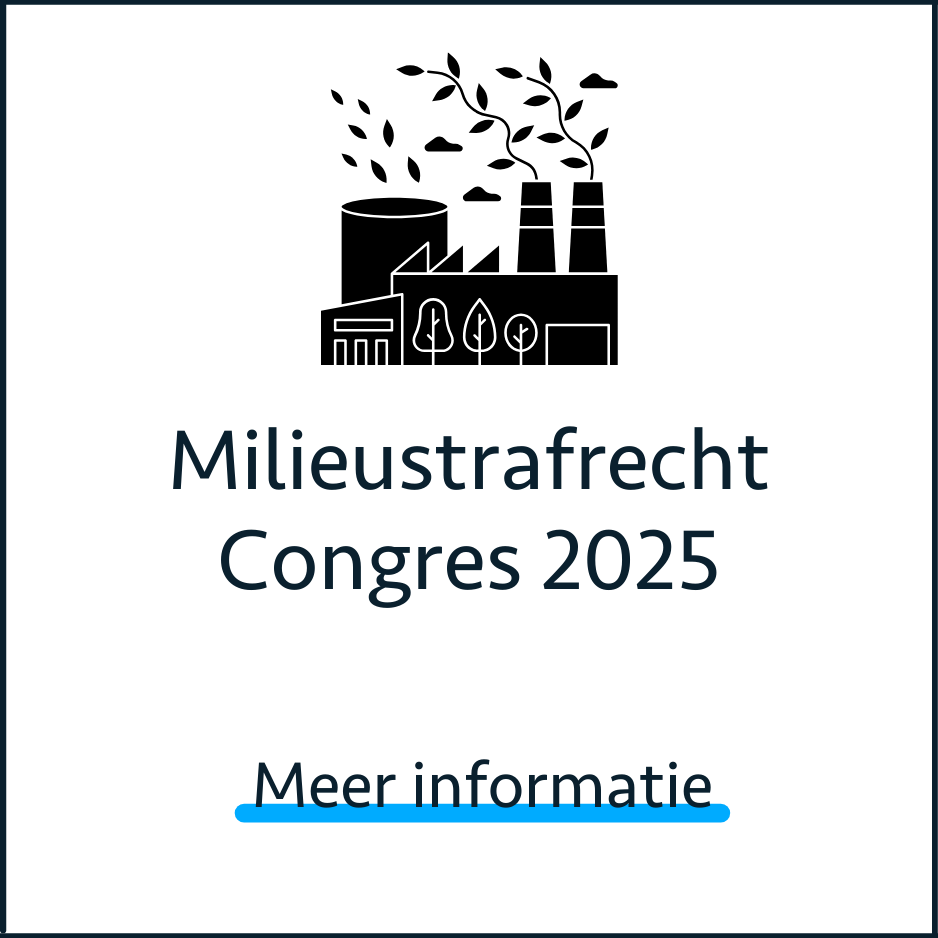Het Grote Strafrecht & AI Congres
/Het Grote Strafrecht & AI Congres is precies wat de naam zegt. Wij hebben voor jou uitgezocht hoe AI op dit moment ingezet wordt in de opsporing, bij de rechterlijke macht en door advocaten. Door deel te nemen aan dit congres krijg je de handvatten aangereikt om zelf ook direct met AI aan de slag te gaan en hiervan de vruchten te plukken. We wisselen plenaire bijdragen af met workshops met voor ieder wat wils. Van AI-wetgeving tot AI-tools. Alles wat jij als strafrecht professional moet weten over AI komt aan bod.
Read More










